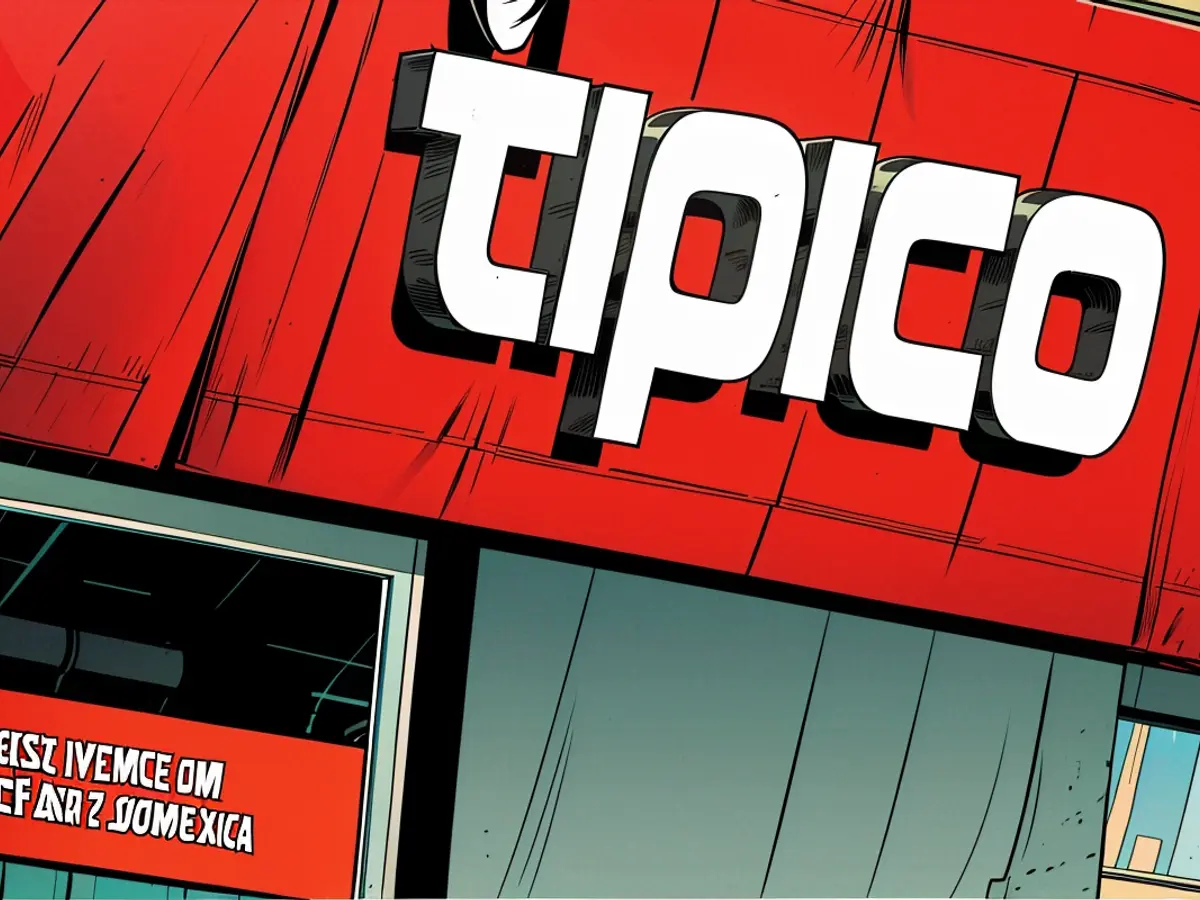Federal Court of Justice - Money back? BGH decides on illegal sports bets
Unfortunate unfortunate players continue to file lawsuits in court to get their losses from illegal sports bets in Germany refunded. Since before 2020, it had only been allowed for state providers to organize sports bets in Germany, according to lawyer and gambling law expert Lennart Bruggemann. In order to dry up the black market, the German states introduced a new gambling treaty in 2012 that also included private providers. However, no interested private provider had been issued a sports betting license up until then, as Bruggemann explains. The reason was concerns from administrative courts regarding the procedural matters.
Providers therefore remained in a legal limbo for years. The first licenses were only issued in 2020. The current gambling treaty, which officially legalized sports betting under certain conditions, came into effect in the following year.
What is the matter at hand?
The Bundesgerichtshof (BGH) is deciding on a claim by a man against the betting provider Tipico. The man had participated in sports bets offered by Tipico between 2013 and 2018, resulting in losses of over 3700 Euro, which he then demanded to be returned. He argued that the sports bets were invalid and the betting contracts were ineffective because the provider did not have the necessary authorization from the German regulatory body. Tipico had applied for a license but only received it in 2020. The plaintiff's rights have since been taken over by the process financier Gamesright from the original plaintiff. (Az. I ZR 90/23)
What are the chances of success for the claim?
The plaintiff's claim had not been successful so far. The Landgericht Ulm argued that Tipico had indeed violated the provisions of the then valid gambling treaty, but the betting contracts were still valid. However, it was already indicated in an early April published hints judgment in a similar case that the BGH might see it differently - but there was still no verdict.
In the case now to be decided by the BGH, the presiding judge Thomas Koch stated in the hearing in June that the senate, in preliminary assessment, tends to consider such sports betting contracts without a license as invalid, even if a license had been applied for. Players could then have a claim for reimbursement.
What could be the consequences?
A consumer-friendly judgment by the BGH could trigger a larger wave of claims than there already is. Thousands of similar proceedings are already running at German courts. This is due not only to the fact that, in addition to Tipico, other betting providers also offered sports betting in an legally uncertain situation in previous years. But also because law firms and some companies have specialized in such claims - like the plaintiff in this case, Gamesright. A judgment in favor of the players could encourage many affected parties to demand their losses back, says co-founder Hannes Beuck. "We assume that we will be able to achieve faster and higher reimbursements if the judgment is positive."
Are we the last word with a BGH judgment on this matter? possibly not, as the European Court of Justice could still deal with the issue. Tipico holds the view that they should grant the claim, which is "stark contrast" to the European Court of Justice's case law. The Tipico lawyer raised questions on this controversial topic during the BGH hearing. This is possible, Judge Koch stated at the end of the hearing. However, even if the BGH does not refer the case to the European Court of Justice itself, other courts could do so. "Before the BGH, but before the European Court of Justice," Tipico lawyer Ronald Reichert had said before the hearing. The legal issues will definitively be clarified by the European Court of Justice.
How common are sports bettings today?
According to the current gambling atlas, 5% of the population participated in sports bettings in 2021 - a doubling within two years. The gross gaming revenue from sports bettings would have been 1.4 billion Euros in 2022. For comparison: At lotteries, it was 4.1 billion and at gaming machines 4.8 billion Euros. The growth in sports bettings has been significant since their legalization in the fall of 2020, it continues. According to the Joint Gambling Authority of the States (GGL), 30 providers of sports bettings now hold a license.
- The man's initial lawsuit was filed against betting provider Tipico in Karlsruhe, specifically at the Bundesgerichtshof (BGH), seeking the refund of his losses from sports bets made between 2013 and 2018.
- Despite Tipico applying for a sports betting license in Germany, the process was delayed due to concerns from administrative courts regarding the procedural matters, keeping providers in a legal limbo until licenses were issued in 2020.
- If the plaintiff's claim is successful in the BGH, it could impact a significant number of consumers, as thousands of similar proceedings are currently running at German courts due to uncertainty in previous years.
- The Federal Court of Justice's ruling could potentially have implications beyond Germany, as the European Court of Justice may still deal with the issue, given the different perspectives on the matter as expressed in the hearing.
- As sports betting becomes more popular in Germany, with 5% of the population participating in sports betting in 2021 according to the gambling atlas, ensuring a fair and transparent licensing process is crucial to protect consumers and maintain a legal gambling landscape.








